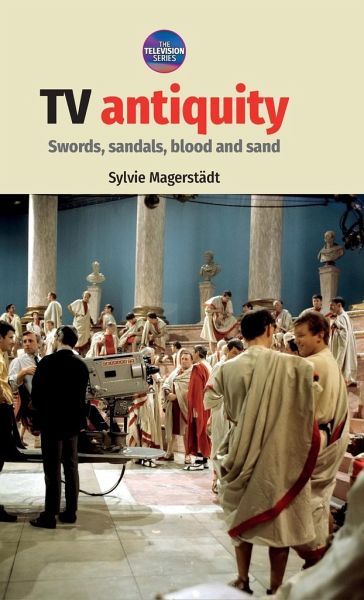
TV antiquity
Swords, sandals, blood and sand

PAYBACK Punkte
56 °P sammeln!
This is the first comprehensive overview of Greek and Roman historical dramas on television. It traces the development of fictional representations of antiquity from the 1950s to the present, exploring how broader cultural, political and economic issues have influenced the representation of antiquity on television.













